- OT
- Industry
- Eyewear and lenses
- Sustainable frames
What's happening in...
Sustainable frames
New bio materials, inclusive designs, and bright shades: OT explores planet-conscious eyewear design

12 January 2024
Better materials
Bird Eyewear has released a line of frames made from Plantix, a new low-carbon bioacetate designed by the brand.Plantix is made from a bioacetate produced from naturally renewable resources in a production process that uses acetic acid and plant-based polymers, which is then coloured with plant-based dyes.
The range has a carbon impact of 113 grams of CO2 per frame, which the brand suggests accounts for fewer emissions than using a phone for an hour.
Frames made from the new material can be recycled through the brand’s scheme, and has an improved biodegradability over traditional plastics, Bird shared.
Bird also has plans to launch a zero-waste case. The design utilised local waste in Devon, which is transformed into tactile cases.
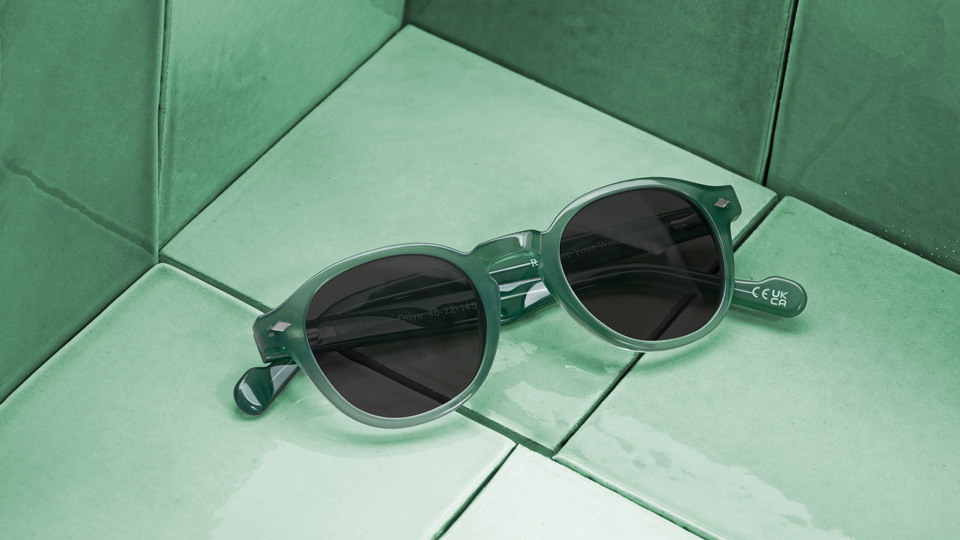
Bold in bio
The autumn/winter Boss eyewear collection by Safilo features optical frames made from Acetate Renew, and with lenses made from either a bio-based nylon, or plastic containing recycled materials.The new frames are available in solid colours, Havana styles, or colour-blocked designs and are embellished with metal detailing featuring the signature Boss stripes.
New styles include the ‘Boss 1597,’ a rectangular flat-top shape made from Acetate Renew, and featuring the Boss detailing on the sides. The frame is available in black, Havana, and transparent green and Havana.
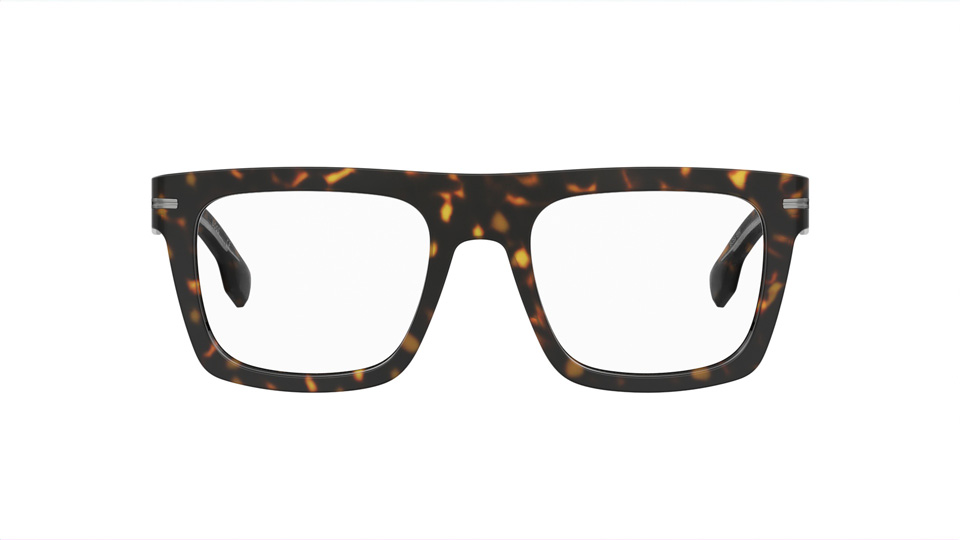
Eye-catching accents
Inspecs has released the autumn/winter optical collection for its sustainable eyewear brand, Botaniq.Frames in the new collection are made with bio-based acetate and also feature Forest Stewardship Council (FSC) wood accents.
Models in the collection include the ‘BIO-1062’ a chunky frame featuring multiple-tones. The frame is available in three colourways.
For every Botaniq frame sold, one tree is planted in a region of the world requiring urgent reforestation.
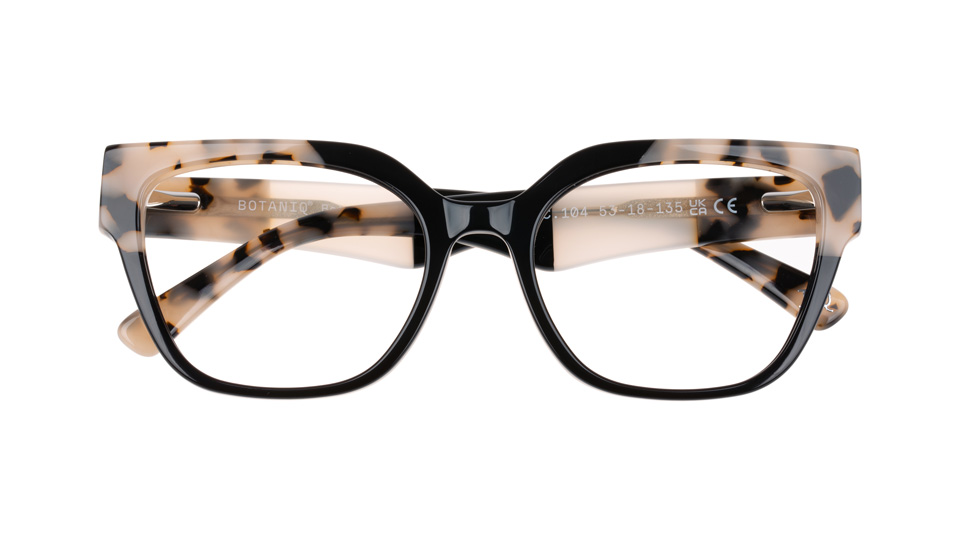
Inclusive designs
Eyespace has introduced the Range Rover Omni-Fit collection, a range that aims to be more inclusive and recognise a diversity of facial features.The designs include a number of adjustments that enhance the fit for the wearer, such as an elevated bridge, adaptable sides, extended pad arms, and larger nose pads.
The optical frames are formed from Mazzucchelli M49 bioplastic, a biobased acetate derived from wood pulp and a non-toxic plasticiser of vegetable origin.
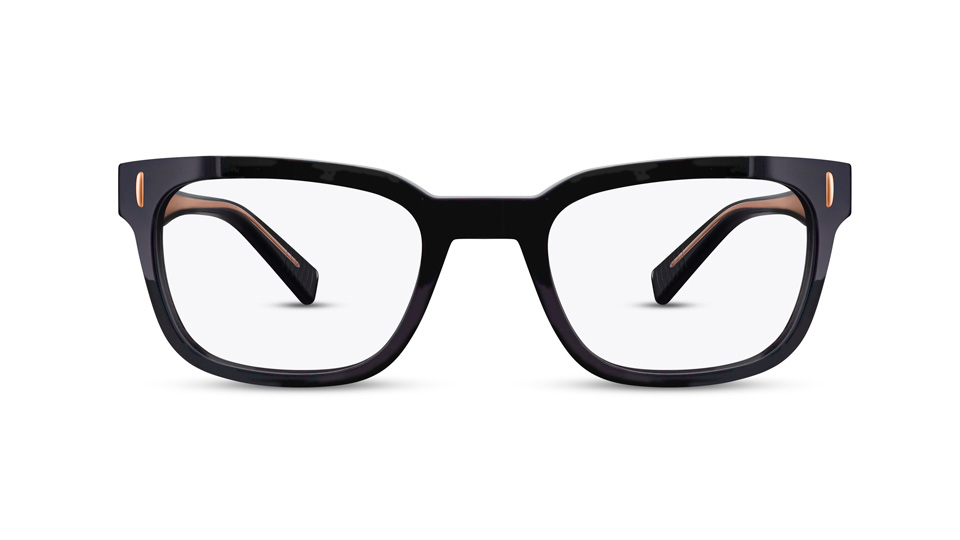
High fashion
Vivienne Westwood’s collection of sunglasses for 2023 by Mondottica includes frames crafted from the Eastman material, Acetate Renew. The material is made from 60% bio-based content, formed from renewable wood pulp cellulose from FSC-certified sources, and 40% certified recycled content. The recycled content is made from waste plastic diverted from landfill.The collection is full of statement pieces, inspired by icons of the 50s and 60s, infusing each design with a feeling of glamour.
The ‘Athalia’ oversized sunglasses take a butterfly shape, combining blush pink with leopard print.
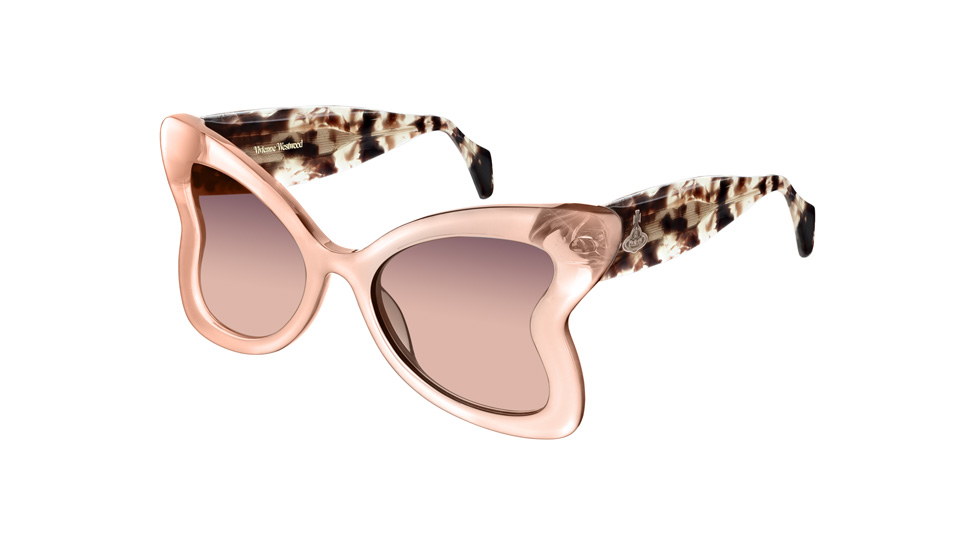
Lightweight looks
Marchon has introduced a new optical collection for Nike Vision made with Acetate Renew.Introducing the material into the range supports Nike’s zero carbon and zero waste goals, and contains 20% recycled content by weight (excluding lenses).
The eight new optical styles are available in four colourways each and featuring the logo in metallic foil.
The shapes are designed to be lightweight, with spring-loaded hinges and rubberised end tips.
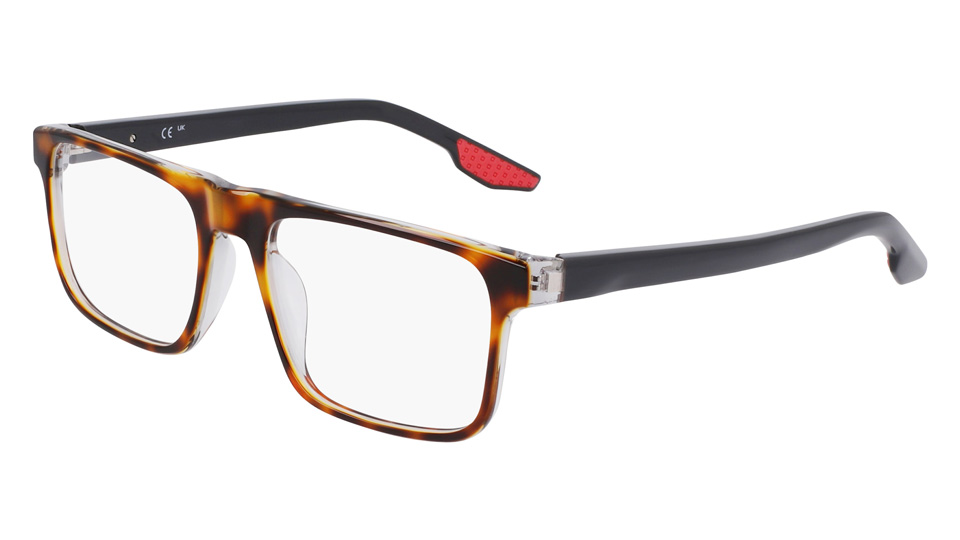
For the future
Planet Pop has released its second collection of eyewear for children with frames made from bio-acetate.The new collection retains the core message of the first, helping children to “protect our planet protect our futures” and takes inspiration from the colours and shapes of the sea.
The brand has been going from “strength to strength” after a 2022 launch, Planet Pop shared, and this new collection marks its first line of frames launched in Australia and New Zealand.
“Our focus is on creating a sustainable option for all styles, budgets and ages in the children’s market and so we thought moving into bio and recycled acetate was the next step for our brand,” the company shared. “We hope that in the future, as sustainable materials develop further, we can introduce brighter, more fun colours that are similar to our first bio-plastic collection.”
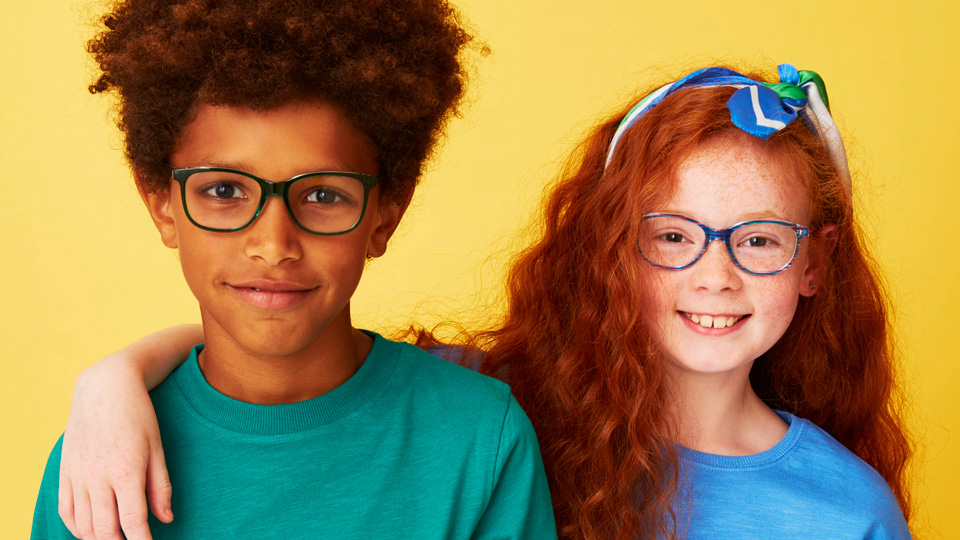
Art on the go
Feb31st describes its mission as showing that “being sustainable can be fun too,” producing wooden frames with zero waste. Offcuts are used to heat the factory in winter or compressed into tabletops.
The brand has developed the ‘World Block’ and ‘Feb Art’ design processes, which enable words and phrases, such as song lyrics or poetry, as well as images, photographs and drawings, to be printed onto wooden templates, from which the frames are cut.
Wearers are provided with a second wooden template that the frames can be rested on to reveal the full phrase, or a small wooden easel and mini canvas of the artwork displayed on the frames.
The brand shared its philosophy “to allow the individual total freedom and creativity whilst leaving minimal impact on our environment.”
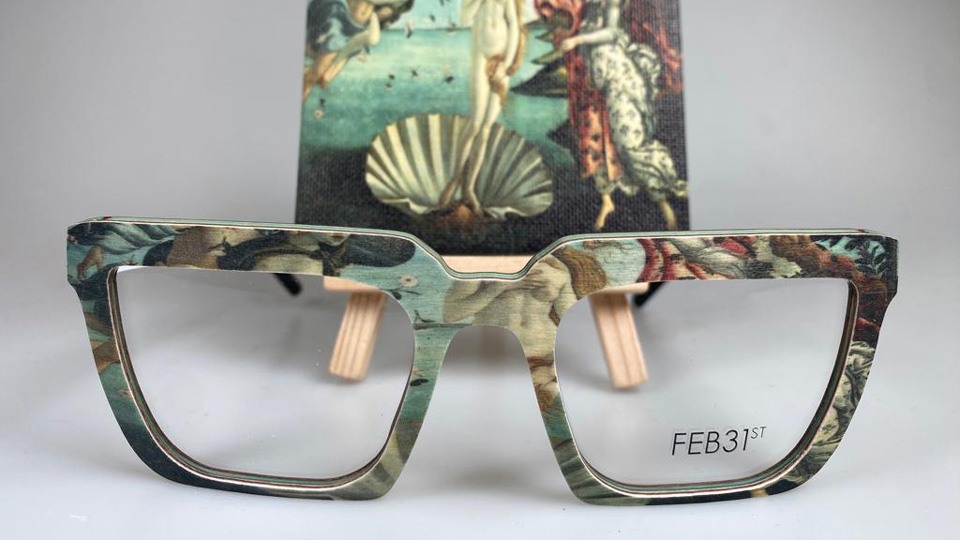
Advertisement


Comments (0)
You must be logged in to join the discussion. Log in